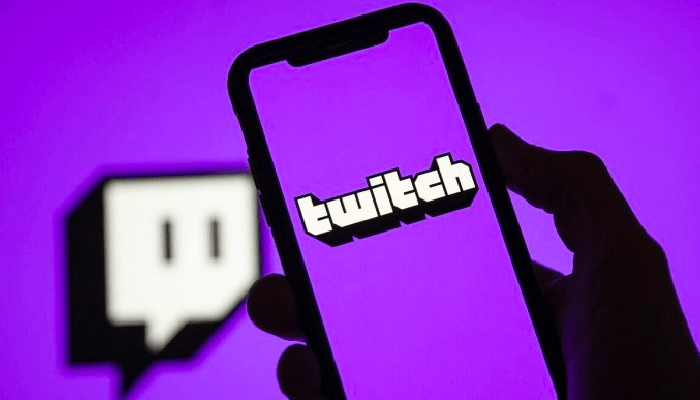
Twitch has finally taken a stand against unlawful gambling
The definition of illegal gambling is frequently hazy, but as the world moves toward a safer and more responsible industry, higher criteria have arisen. Twitch, the leading streaming site for video games, entertainment, and gambling material, has announced a major revision of what gambling content it considers proper.
Moving forward, Twitch would expect creators to only stream gambling content when it originates from websites regulated in the United States or another jurisdiction with strict consumer protection requirements. This excludes at least a few brands that have been known to acquire airtime on the site through sponsored gambling relationships with some of the platform's most popular streamers.
The notice stated that gambling streams and content from Stake.com, Rollbit.com, Duelbits.com, and Roobet.com will be the first to be prohibited by Twitch on October 18. Moving ahead, the firm will continue to examine the situation as it develops and may include more brands that do not now satisfy the platform's requirements.
The site has guaranteed content creators that daily fantasy sports, poker, and sports betting content will remain untouched for the time being. Twitch, on the other hand, insisted on continuing to examine its regulations in order to maintain strong regulatory standards in the vertical.
Twitch explained in its statement that it will prohibit the sharing of links or referral codes to all casino material, including slots, dice games, and roulette, that exposes the community to possible harm. Many gambling enthusiasts are relieved by the decision, since they have been lobbying the platform for additional limitations for the past year.
Many notable streamers, such Trainwreck and xQc, have been vocal supporters of some of the blacklisted firms, sharing them with their audiences and communities. Others, however, such as Mizkif, a fellow streamer, have slammed their fellow streamers who have shared such content.
Twitch, on the other hand, is unlikely to implement a blanket ban on gambling on its platforms, and the restriction of casino content is primarily focused on websites that the platform agrees should not be shared with specified demographics until they receive a license from a whitelisted state. Ideally, this would be the United States, but Twitch did not specify which other countries may fit its requirements.









